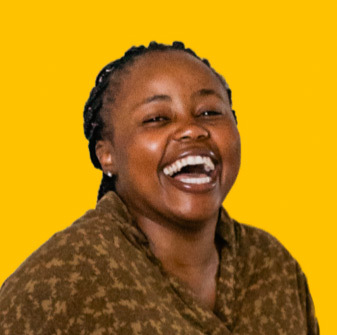(5/22/23) Every day there’s someone new on the tv, on social media, in the government, talking about our identities. Debating our existence as if we’re not real. As if us simply existing, playing, breathing… is a problem. “A problem” so massive it’s all that seems to be talked about. And while we ingest these ceaseless attacks on a part of who we are, the rest of the world doesn’t stop. We grapple with the loss, joy, internalization, and microaggressions that play a part in our lives as we move about the world.
The LGBTQ+ community is brave and resilient. And at the same time, we’re tired! Being brave isn’t easy, and when you have to be brave to survive as yourself- that’s exhausting. As a group we experience trauma from places like legislation and the media. Simultaneously, our individual trauma histories can run deep as well. These unique situations can look very different from person to person, and how we react to them will vary. We may have physical or mental symptoms such as nausea, anxiety, and depression right away, or we may feel numb. We may feel panic when interacting with triggering people, places, or times of the year. So how do we cope with so much that is out of our control? While everyone’s effective coping mechanisms won’t look the same, here’s a few general tips!
1. Work towards fully embodying your interests and what makes you feel yourself
Whether it’s singing, exercise, videogames, art, fidget items, a specific character, show, or fandom; these fun activities help us relax and should be embraced as positive pieces of ourselves.
2. Mute triggering channels or people
You might feel pressure to always defend yourself and our community online. And while it’s important, it is also very overwhelming. Muting or deleting those loud voices (even just for a little bit) can help us step away for a moment.
3. Take a nap!
While there’s not always time for long naps most days, even 10-20 minutes of napping or calm breathing can make a huge difference and help us recharge.
4. Find spaces where you are affirmed
These spaces might not be where you live, work, or go to school. Perhaps you feel affirmed and comfy curled up with a good book at your local library. Maybe it’s in an online community. Maybe it’s volunteering at an animal shelter. Whatever it is- find your spaces where you feel safe.

